War in Ukraine: How Asian economies are divided over Russia sanctions
Since its invasion of Ukraine, Russia has become the world's most sanctioned country. But only a few governments in Asia have taken tough action against Moscow.
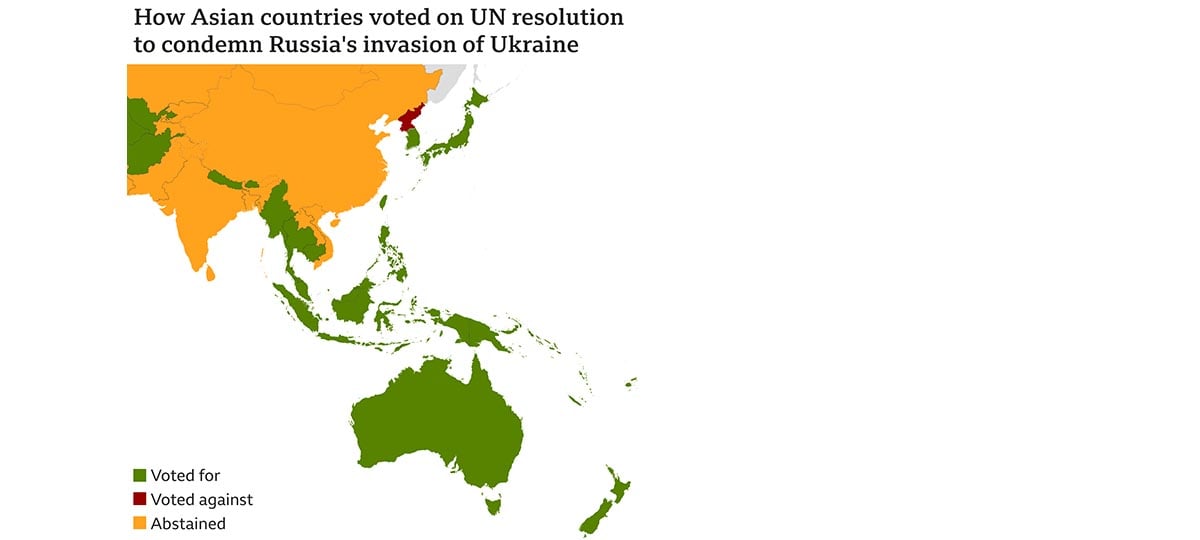 Source: UN
Source: UN
MARCH 11: China has refused to outright condemn the invasion of Ukraine and has not imposed any sanctions on Russia.
India, Pakistan, Vietnam, Bangladesh, Sri Lanka, Laos and Mongolia also sat out the vote on a United Nations' resolution to demand the end of Russia's military operations in Ukraine.
While Western allies like Australia, Japan, South Korea and Taiwan have imposed sanctions, with Tokyo and Seoul blocking some Russian banks from the Swift global payments system, the impact is limited.
That is because the Asian nations who joined western-led sanctions make up only 8% of Russia's global trade.
"Without having the two Asian giants China and India on board on sanctions who account for 18% of Russia's trade, there is unlikely to be any significant impact on Russia," says Professor Syed Munir Khasru, chairman of the international think tank, the Institute for Policy, Advocacy, and Governance.
And President Putin has been preparing in advance. Since Russia annexed Crimea eight years ago, Moscow has been targeted with Western sanctions.
"After 2014, Russia started cutting down the reliance on US dollars as part of foreign currency reserve and moving to gold and the Chinese yuan," he adds.
What's behind China's stance?
For Beijing, it is about weighing up the benefits versus costs of not taking action against Russia.
China is already Russia's largest trading partner and in the weeks before the invasion, Beijing lifted restrictions on wheat imports and signed a 30-year deal to buy more Russian gas.
Meanwhile, an increasing number of Russian companies and banks, including the oil arm of Russian gas giant Gazprom, has started using China's currency, the yuan, in settlements.
China has three objectives, according to Bilahari Kausikan, Singapore's former ambassador to the UN and Russia.
Firstly, China is quite sensitive about certain principles of international relations, such as sovereignty, territorial integrity and non-interference because of Tibet, Xinjiang and Taiwan.
"Russia's invasion of Ukraine is a direct and gross violation of these norms but there is a second objective. China has no other partner, anywhere near the strategic weight of Russia," Mr Kausikan says.
They also share a discomfort with a Western-dominated international order but Mr Kausikan adds that "China is much more invested in that order" and "the US, Europe and Japan are more important markets than Russia", which is why Beijing is keen to stabilise the situation in order to avoid becoming collateral damage of the Russian sanctions.
Whose side is India on?
For India and Vietnam, Russia is their largest arms supplier while Pakistan's prime minister Imran Khan was in Moscow last month to discuss a major gas pipeline deal with President Putin.
"India has a very large stock of Soviet era weapons that it needs to keep operational," says Mr Kausikan. "And the reason he needs to keep them operational is China."
Despite its strong ties with Russia however, India is also part of the US-led Quad with Japan and Australia, which is seen by many as an alliance against China's growing presence in the region.
"Whose side is India on?," tweeted the country's former ambassador to Russia, Pankaj Saran. "We are on our side."
In many ways, that is how Asia's actions against Russia can be seen.
Governments here are no stranger to having to pick a side on anything from trade conflicts to human rights issues but they have invariably been pragmatic when it comes to economic issues.
"India, the largest democracy in the world, you would have expected it to have condemned the Russian invasion," says Professor Munir.
"But nations are more driven by their own geopolitical and economic interests, and less by principles or respect for international norms."
Caught between major powers
And the UN vote on condemning the invasion of Ukraine further highlight divisions in the region.
North Korea was one of the five countries - which unsurprisingly included Russia - to vote against the resolution.
Myanmar voted to condemn Russia but that can be put down to its UN representative being part of its ousted government in exile. The country's military junta, which grabbed power last year, has been openly supportive of Russia, which continued to supply Myanamar with weapons despite the coup.
Other smaller Asian economies find themselves caught between Russia, China and the West, according to Chong Ja Ian, an associate professor at the NUS Department of Political Science.
"In general, they avoid criticising major powers like China and Russia which they believe are likely to punish them," says Associate Professor Chong.
"There is recognition that Russian aggression is egregious and also challenges the institution of sovereignty on which they depend, so they choose to keep silent as they do not want to criticise Moscow but also do not support it," he adds.
He points out that even among western allies, "South Korea is more cautious as they see a need to work with Russia on North Korea issues and because they are also cautious about crossing China unnecessarily".
What worries Asian governments, many of which have territorial disputes with China, is that Beijing is seen as closely watching what happens in Ukraine for what it may or may not be able to achieve in future disputes.
"Most Asian countries want a Chinese presence in the Indo-Pacific balanced by the United States," says Manjari Chatterjee Miller, Senior Fellow for India, Pakistan and South Asia at Council on Foreign Relations.
But she says that India and many South East Asian countries want Russia to play a balancing role when it comes to China.
While that explains why some countries have chosen not to outright condemn Russia, the flip side is: what lessons could China draw from the Russian invasion?
"What would it spell to China if Russia was unable to be constrained? If sanctions didn't work? What would that mean for Chinese encroachment in the Indo-Pacific or for the future of Taiwan?"
Where it is going to get tricky, she says, is as oil prices go up, the invasion drags on, and the atrocities pile up, how long the fence sitters can stay silent.


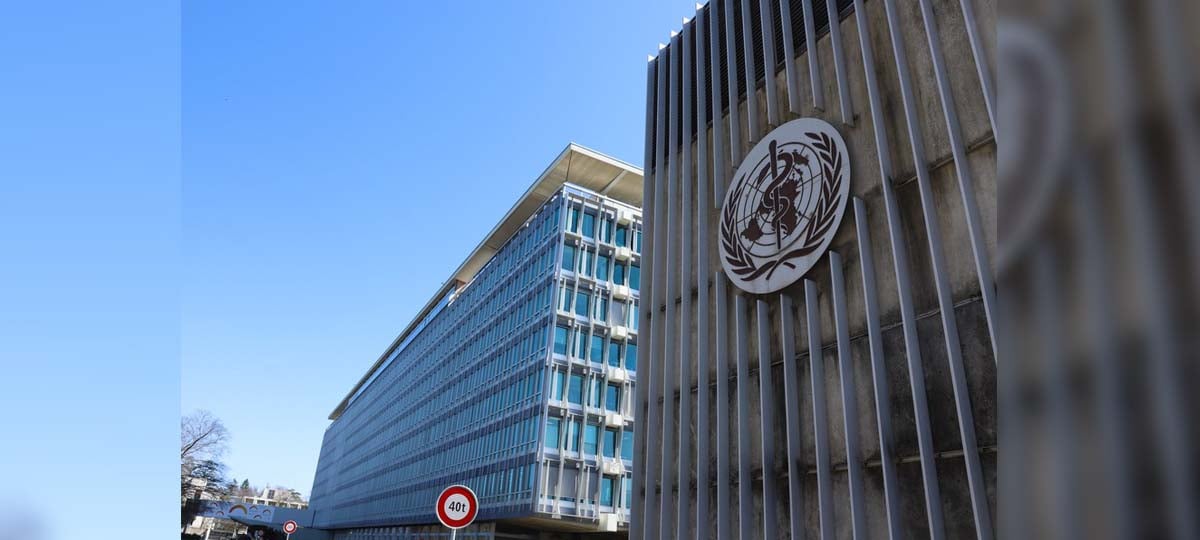
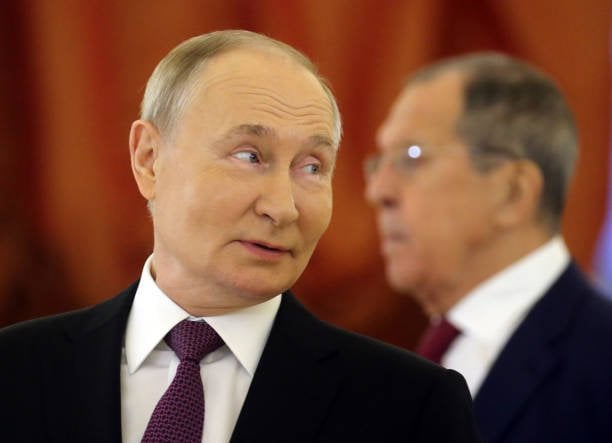

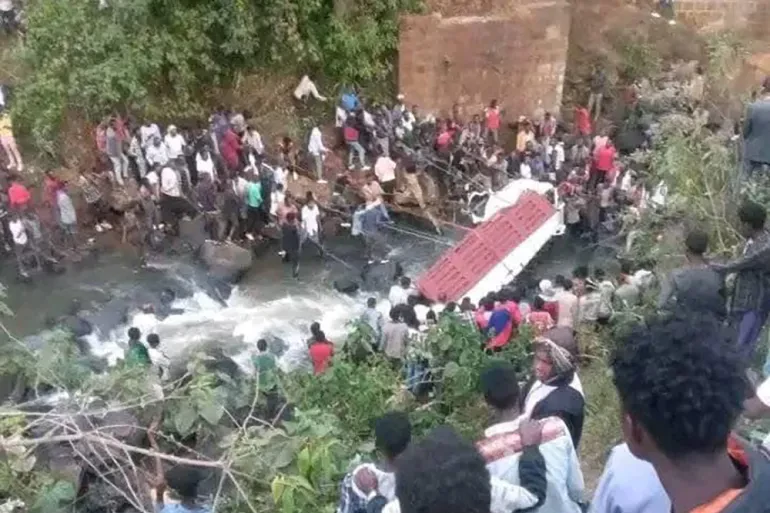
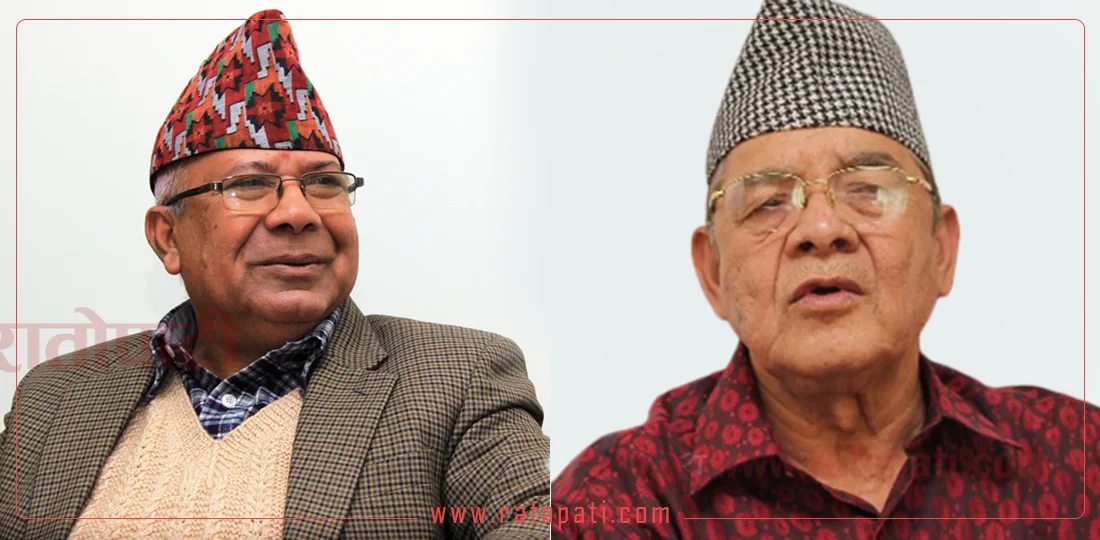


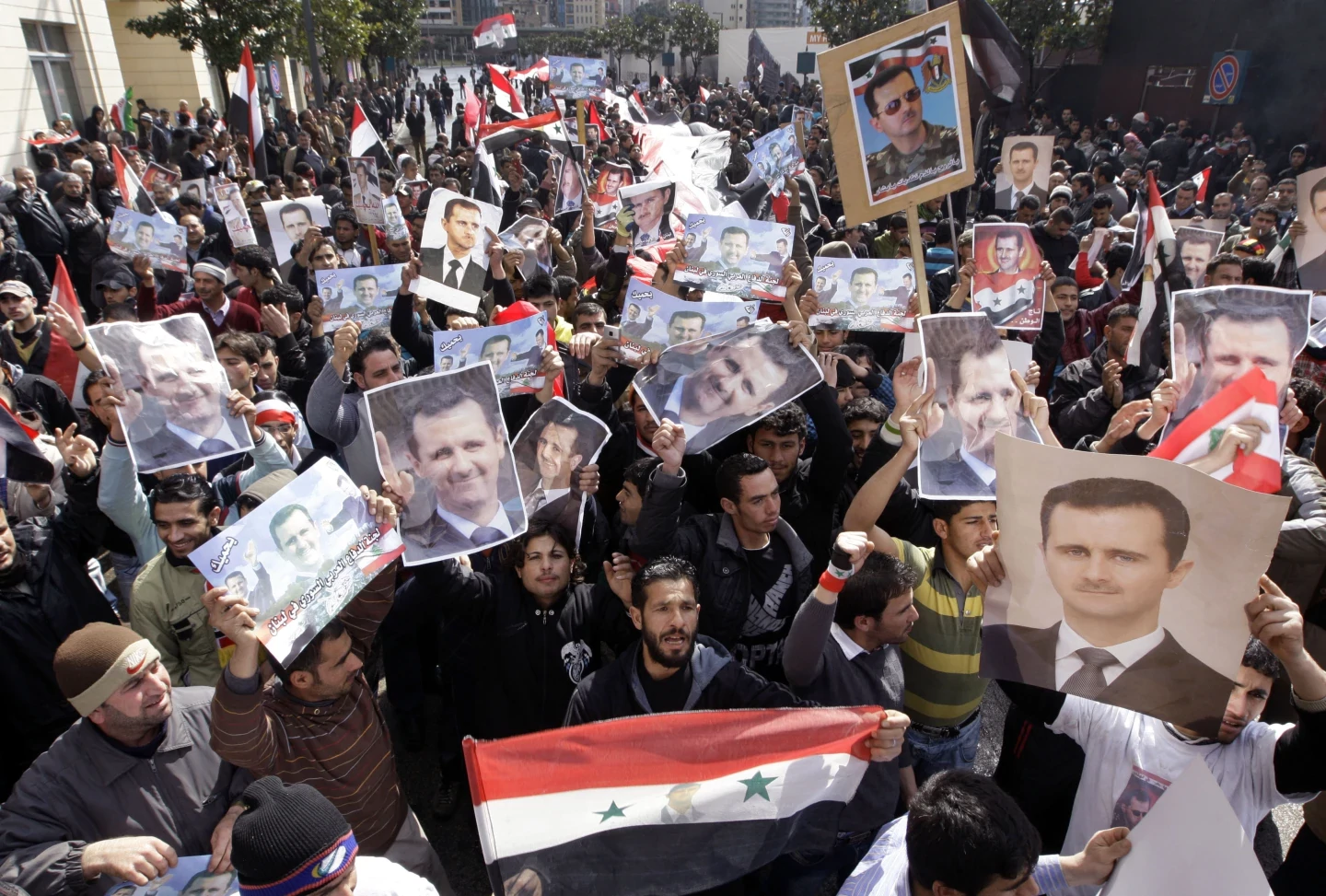
Leave Comment